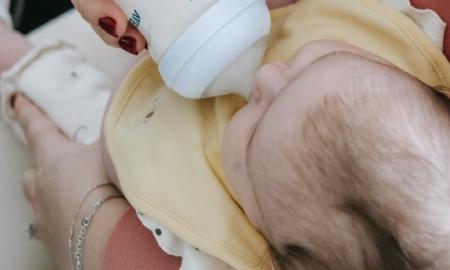There is a law established in the city of Boise, Idaho which makes residing on streets, buildings, parks and public places, a criminal offense. This law raises lots of controversy and legal cases from the general public.
The most appropriate decision for campers like Susan Pappas and Mark Hennessy, on a summer morning filled with dust along the greenbelt of the Boise River, is to retract their sleeping bags and properly conceal them in the bushes. Although their presence there is completely legal, there is a possibility they would be indicted if proof was found that they slept on the riverbank, when being challenged by bike police.
So, what’s up? Asked Sgt. Craig Nixon, the Boise police to the campers that were attempting not to get noticed.
They were fortunate evading getting arrested as Hennessy was able to provide a rod that matched their response that they were fishing.
The discussion would have had a different outcome a few years back that would have required a federal criminal defense lawyer. There were around 300 citations in 2015 about camping in public locations. But last year experienced a significant reduction to about 39.
Due to a recent legal case, things were no longer as before, across the west. Seven homeless filed a lawsuit against the city of Boise in 2009 and a year ago, a landmark ruling that was in their favor was issued by the 9th U.S. Circuit Court of Appeal.
The judgment stated that if there is an insufficient shelter or available beds in a city, people would not be indicted for camping and sleeping in public areas and the constitutional ban on harsh and unusual penalty is being violated if this is done.
The lawyers of the executive director of the National Law on Homelessness and Poverty, Maria Foscarinis were also among those who defended the homeless occupants and she stated that this regulation informed the Boise officials that this is the appropriate time to develop genuine alternatives.
Foscarinis indicated in a statement that it is heartless to penalize homeless individuals without any shelter and the court is also commended for deeming that it is against the constitution.
Boise nonetheless is challenging the decision. With an official petition filed at the U.S. Supreme court last month for a writ of certiorari, which is a decree from a higher court to a lower court on documents concerning a case be sent so that a ruling can be evaluated. The request, therefore, triggered the evaluation of the case and the procedures in determining the decision of the Supreme Court over the case.
Mayor David Blatter stated in a news release that if the decision of the 9th Circuit is sustained, cities will not have the required facility to avoid humanitarian issues on their street and they look forward to the Supreme Court’s decision that will enable the local environment to monitor how the parks, streets, and their public spaces will be used,
At this point, politics and policies have been suppressed by these regulations throughout the nine states that are in the jurisdiction of the 9th circuit starting from Alaska to Arizona.
The two-thirds of the homeless people in the country can be found in the nine states within the jurisdiction of the 9th Circuit and California has about half of them, as there are insufficient beds to cover the numbers in most of these cities. The regulation has also caused its enforcement to be suspended.
This new regulation does not, however, have any effect on Seattle. Seattle was largely unaffected, because camping was never an offense, except, places that are prohibited according to the time and place.
Alternatives to the regulation have also been discovered by most cities. In Anchorage, the mayor has been informed by Democrats in the state legislature to rebuild park camps, as there were no other places where individuals could sleep.
The statement also declared that as long as individuals in Anchorage can find somewhere to sleep in the open street, case law goes beyond getting rid of wastes deposited by thieves, campers, drug addicts and others.
The officials in Boise proceeded to the Supreme Court to avoid Portland and Seattle’s big camps. Although, this is only attainable if there is an available law that camping at any time is prohibited.
Belodoff, a well-known civil right attorney stated that laws that prevent encampments can be enforced in several ways that would not warrant placing people under arrest for sleeping.
This is the main topic of the discussion of the Martin V. Boise case.
What is the stage at which authorities have the constitutional rights to expel homeless individuals without regarding it as a criminal offense?
This was carried out in the state of Washington, where Democrats passed a bill that depended on the judgment, which would have changed the rule of evidence for several other options for sleeping in public places. Instead of displaced individuals demonstrating the absence of a dwelling place, the city must demonstrate its existence.
The state representative, Nicole Macri, who was employed and a co-sponsor of a shelter stated that crucial questions were raised due to the bill.
Macri explained the significance of not being able to inform people to proceed and if anyone was residing in a general building that needed to be closed for the night and to inform those who have nowhere else to go.
Finally, the bill did not manage to get to the House floor.






